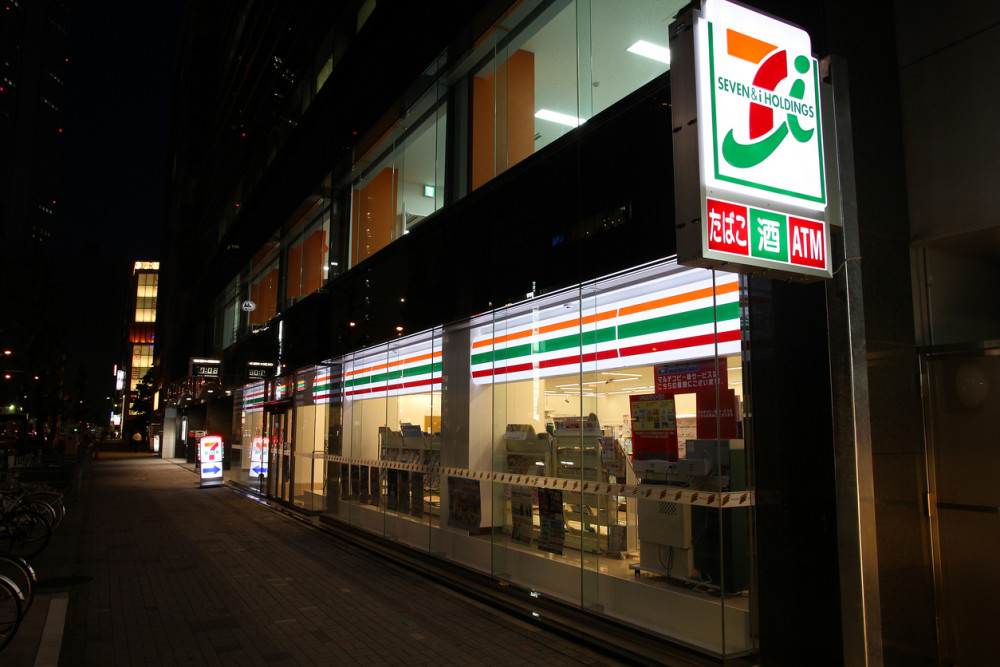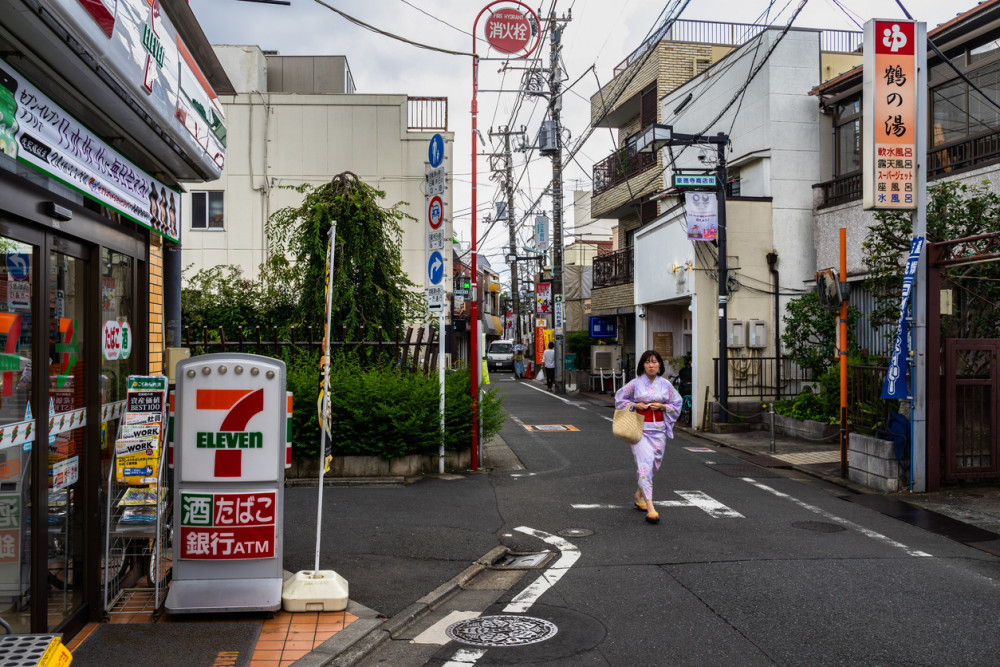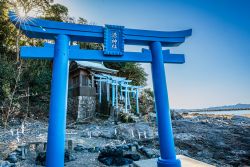
May 14, 2024
50 Years of Convenience
Celebrating the 50th anniversary of Japan's first 7-Eleven store
From the web of trains whisking commuters to destinations with clockwork precision, all the way down to the vending machines dotted around neighborhood streets— one defining adjective for life in Tokyo is ‘convenience’. Adding to this are the familiar glowing strips of 7-Eleven’s green, orange and red, which have illuminated the cityscape for years. Since May 15th, 1974, to be precise. As Tokyo celebrates the 50th anniversary of the country’s first 7-Eleven store, nestled in the vibrant Toyosu district, we take a look at the brand’s success and culturally iconic presence in Japan.
From its humble beginnings in 1974, this unassuming store has blossomed into a cultural institution, fundamentally altering the fabric of Tokyoites’ lifestyles. What began as a modest retail experiment has evolved into a ubiquitous presence, seamlessly integrated into the daily routines of millions.
Within a decade of its inception, the 7-Eleven franchise expanded rapidly across Japan. By 1980, there were already over 1,000 stores operating nationwide. Then, in 1991, Seven-Eleven Japan Co., Ltd. was acquired by Seven & I Holdings, one of Japan’s largest retail conglomerates. This acquisition provided 7-Eleven with the resources necessary for further growth. One of the key innovations introduced by 7-Eleven Japan is its sophisticated just-in-time delivery system.
Unlike traditional retail models that rely on large, infrequent shipments, 7-Eleven adopted a more agile approach, meaning products could arrive in stores precisely when needed. This minimized inventory costs and waste while maximizing freshness and availability.

The advent of Japan’s first 7-Eleven store heralded a paradigm shift in convenience retailing. With its innovative 24/7 operating hours, diverse product offerings, and commitment to quality and convenience, it quickly captured the hearts, and wallets, of Tokyoites. No longer constrained by traditional shopping hours, residents embraced the freedom to fulfill their cravings and necessities at any hour of the day or night.
In the late 1980s, 7-Eleven Japan became one of the first convenience store chains in the world to offer ATM (Automated Teller Machine) services, solidifying its reputation as a one-stop destination for everyday needs. Building on its success, it later expanded into financial services, offering banking and even insurance. This diversification strategy helped strengthen its position in the competitive retail market. In 2024, you can now do everything from printing, paying the bills, grabbing a late-night snack, a fresh morning smoothie or even a ticket to Disneyland.
Beyond convenience, 7-Eleven stores in Japan often serve as vital resources for emergency supplies during natural disasters such as earthquakes, typhoons, and tsunamis. They stock essential items like bottled water, non-perishable food, batteries, flashlights, first aid kits, and emergency blankets. By maintaining a supply of these items year-round, 7-Eleven ensures that communities have access to critical resources when disaster strikes.
Community Resilience Collaboration: 7-Eleven collaborates with local governments, disaster relief organizations, and community groups to enhance disaster preparedness and response efforts. This collaboration may involve joint training exercises, information sharing, and outreach activities to educate residents about emergency preparedness best practices. By working together with stakeholders, 7-Eleven strengthens community resilience and fosters a sense of collective responsibility for disaster readiness.
But beyond the convenience of round-the-clock access, the 7-Eleven experience transcends mere retail transactions. It has become a cultural touchstone, a communal space where neighbors converge, strangers mingle, and stories intertwine.







